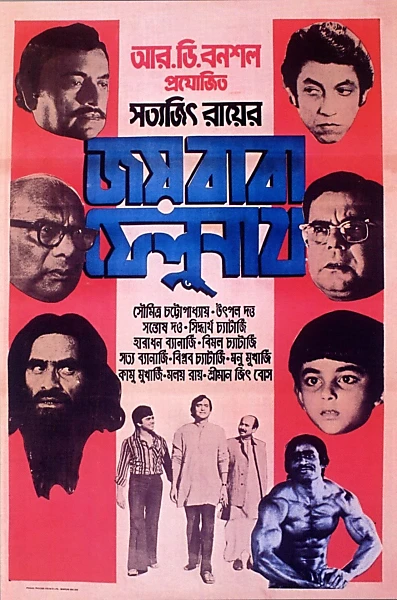Pather Panchali (1955)
Pather Panchali (1955)
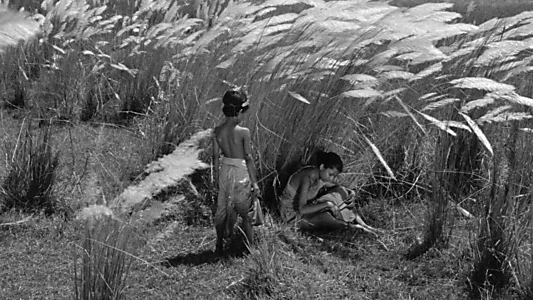
Plot.
Where to Watch.
 Subs
Subs Free
Free Rent
Rent Free
Free Subs
Subs Rent
Rent Rent
Rent Subs
Subs Subs
Subs Subs
Subs Rent
Rent Rent
Rent Ads
Ads Free
Free Free
FreeCurrently Pather Panchali is available for streaming online, rent, buy or watch for free on: Hoichoi, Plex, Apple TV, Plex Channel, Criterion Channel, Google Play Movies, YouTube, Max Amazon Channel, Max, TCM Amazon Channel, Fandango At Home, Amazon Video, Tubi TV, Kanopy, Fawesome
Streaming in:🇺🇸 United States

Cast & Crew.

Kanu Bannerjee
Harihar Ray
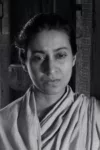
Karuna Banerjee
Sarbojaya Ray

Chunibala Devi
Indir Thakrun
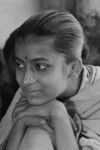
Uma Das Gupta
Durga Ray
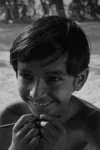
Subir Banerjee
Apurba 'Apu' Kumar Ray

Runki Banerjee
Little Durga Ray

Reba Devi
Seja Thakrun
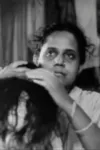
Aparna Devi
Nilmoni's wife
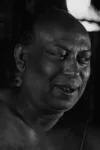
Tulsi Chakraborty
Prasanna, school teacher

Haren Banerjee
Chinibas, Sweet-seller

Rampada Das
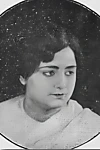
Nibhanani Devi
Dasi Thakurun

Rama Gangopadhaya
Ranu Mookerjee

Roma Ganguli
Roma

Binoy Mukherjee
Baidyanath Majumdar

Harimohan Nag
Doctor

Kshirod Roy
Priest

Dulal Dutta
Editor
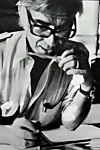
Bansi Chandragupta
Producer / Production Design / Art Direction
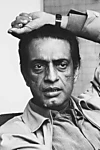
Satyajit Ray
Director / Producer / Screenplay
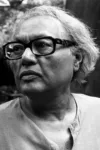
Subrata Mitra
Director of Photography

Anil Choudhury
Production Manager

Subir Hajra
Assistant Director

Ashish Barman
Assistant Director

Bhupen Ghosh
Sound

Santi Chatterjee
Assistant Director
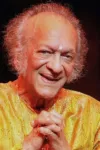
Ravi Shankar
Original Music Composer
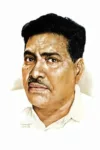
Bibhutibhushan Bandyopadhyay
Author / Original Story

Haridhan Nag

Suren Roy
Media.



















Details.
Release DateAugust 26, 1955
Original Nameপথের পাঁচালী
StatusReleased
Running Time2h 5m
Box Office$536,364
Genres
Last updated:
This Movie Is About.
Wiki.
Pather Panchali (Bengali pronunciation: [pɔtʰer pãtʃali] , transl. Song of the Little Road) is a 1955 Indian Bengali-language drama film written and directed by Satyajit Ray in his directoral debut and produced by the Government of West Bengal. It is an adaptation of Bibhutibhushan Bandyopadhyay's 1929 Bengali novel of the same name and features Subir Banerjee, Kanu Banerjee, Karuna Banerjee, Uma Dasgupta, and Chunibala Devi in major roles. The first film in The Apu Trilogy, Pather Panchali depicts the childhood travails of the protagonist Apu and his elder sister Durga amid the harsh village life of their poor family. It is regarded as one of the greatest and most influential movies ever made in the history of Cinema.
The film was shot mainly on location, had a limited budget, featured mostly amateur actors, and was made by an inexperienced crew. Lack of funds led to frequent interruptions in production, which took nearly three years, but the West Bengal government pulled Ray out of debt by buying the film for the equivalent of $60,000, which it turned into a profit of $700,000 by 1980. The sitar player Ravi Shankar composed the film's soundtrack and score using classical Indian ragas. Subrata Mitra was in charge of the cinematography while editing was handled by Dulal Dutta. Following its premiere on 3 May 1955 during an exhibition at New York's Museum of Modern Art, Pather Panchali was released in Calcutta the same year to an enthusiastic reception. A special screening was attended by the Chief Minister of West Bengal and the Prime Minister of India.
Critics have praised its realism, humanity, and soul-stirring qualities, while others have called its slow pace a drawback. Scholars have commented on the film's lyrical quality and realism (influenced by Italian neorealism), its portrayal of the poverty and small delights of daily life, and the use of what the author Darius Cooper has termed the "epiphany of wonder", among other themes.
The tale of Apu's life is continued in the two subsequent installments of Ray's trilogy: Aparajito (The Unvanquished, 1956) and Apur Sansar (The World of Apu, 1959). Pather Panchali is described as a turning point in Indian cinema, as it was among the films that pioneered the Parallel cinema movement, which espoused authenticity and social realism. The first film from independent India to attract major international critical attention, it won India's National Film Award for Best Feature Film in 1955, the Best Human Document award at the 1956 Cannes Film Festival, and several other awards, establishing Ray as one of the country's most distinguished filmmakers. It is often featured in lists of the greatest films ever made.
You May Also Like.
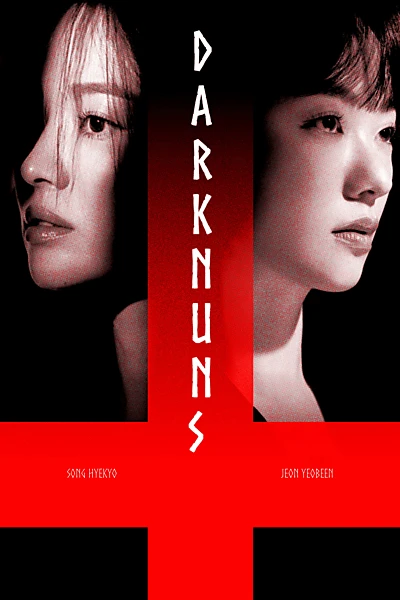
Dark Nuns (2025)
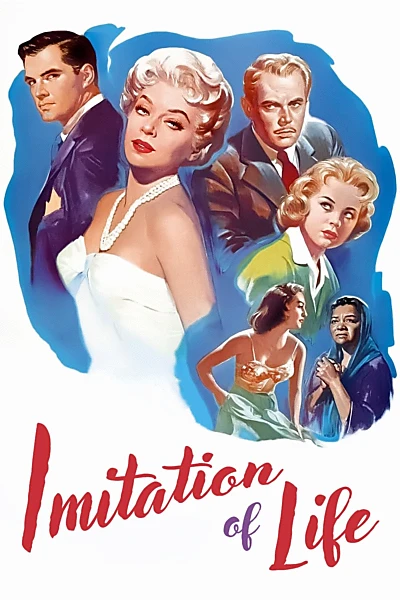
Imitation of Life (1959)
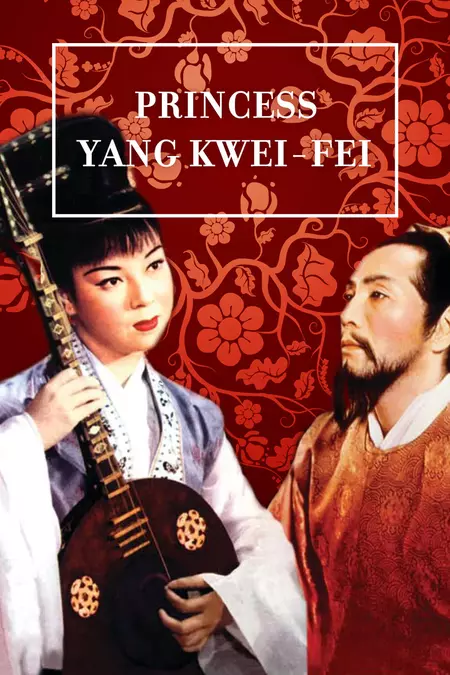
Princess Yang Kwei Fei (1955)
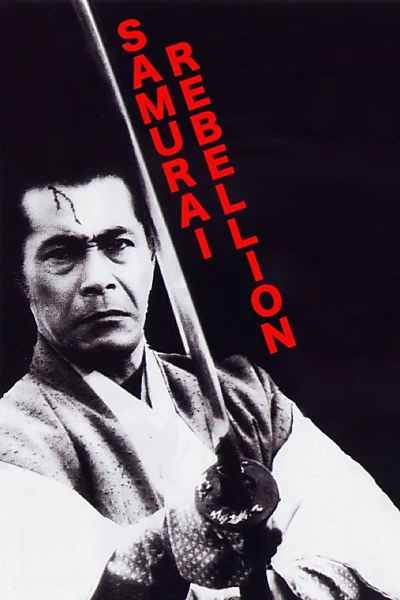
Samurai Rebellion (1967)
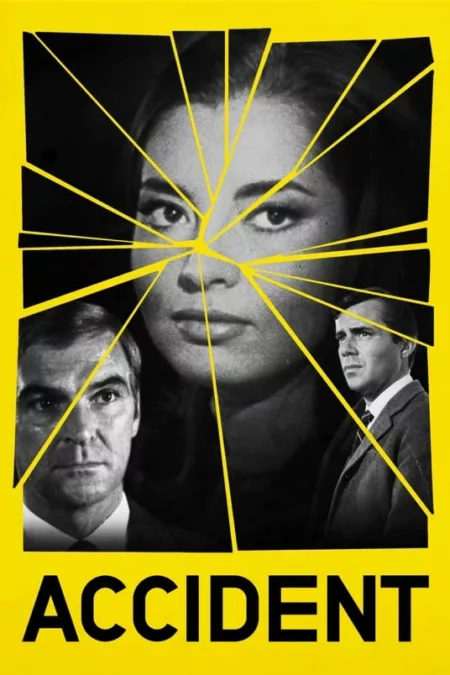
Accident (1967)
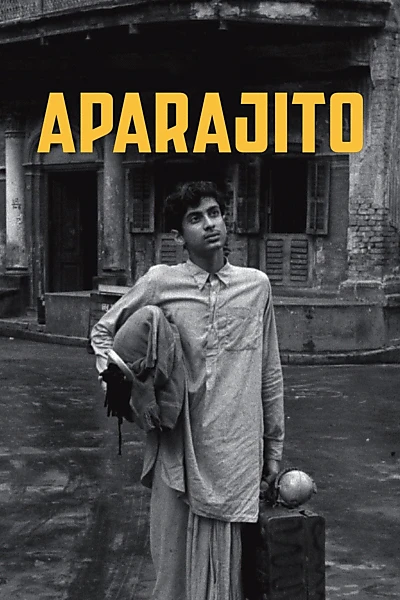
Aparajito (1956)
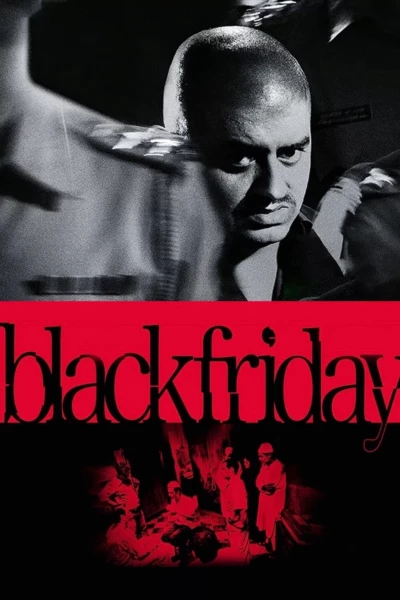
Black Friday (2004)
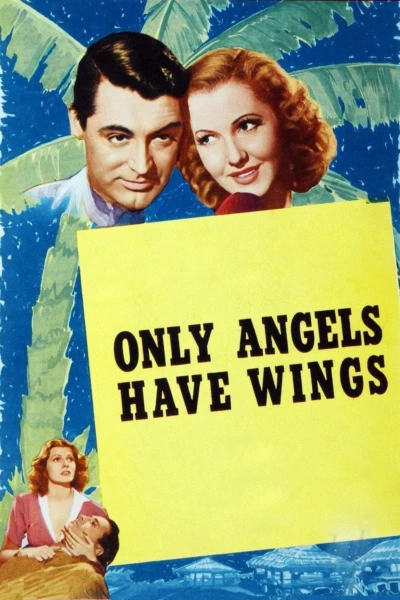
Only Angels Have Wings (1939)

Bluebeard's Eighth Wife (1938)
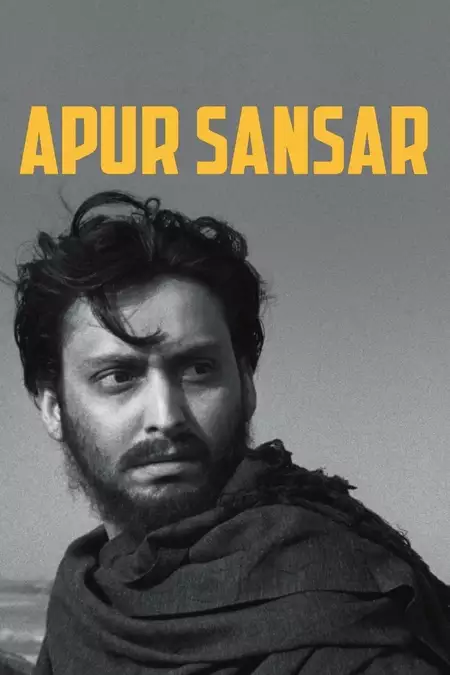
Apur Sansar (1959)
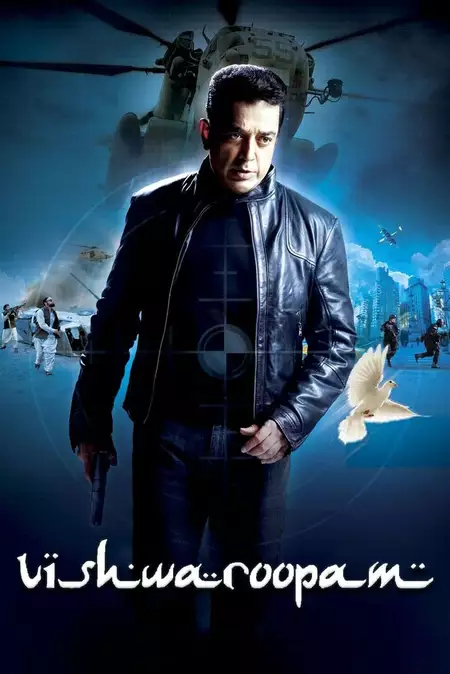
Vishwaroopam (2013)
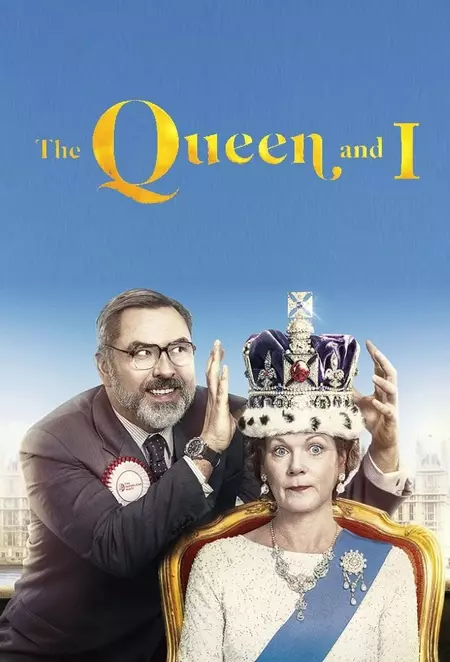
The Queen and I (2018)
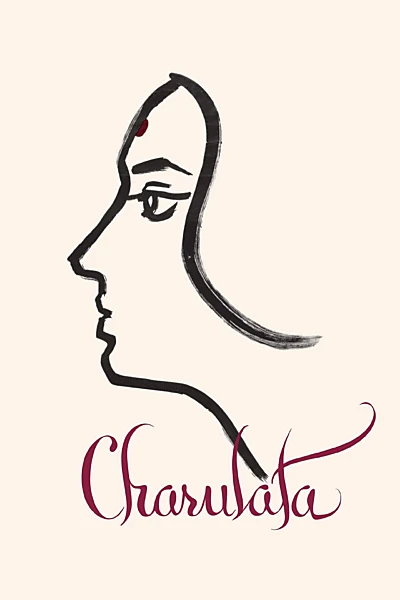
Charulata (1964)
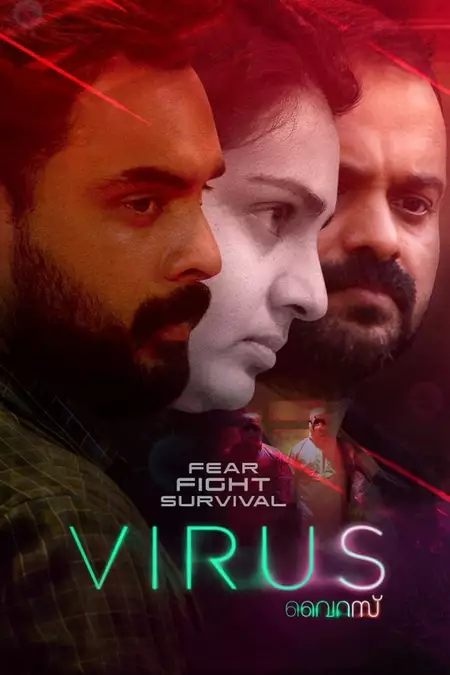
Virus (2019)
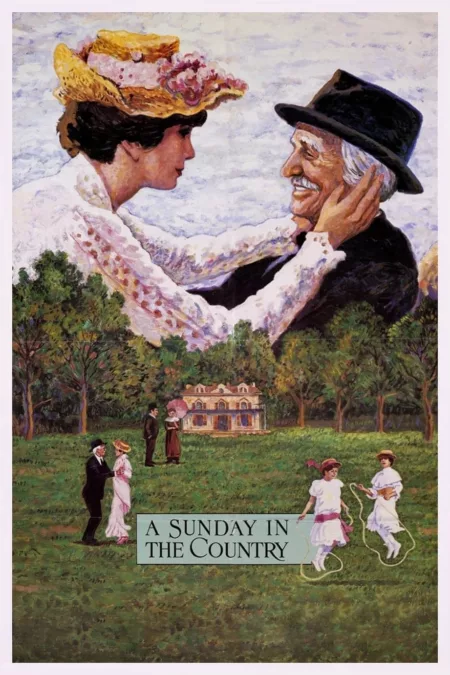
A Sunday in the Country (1984)
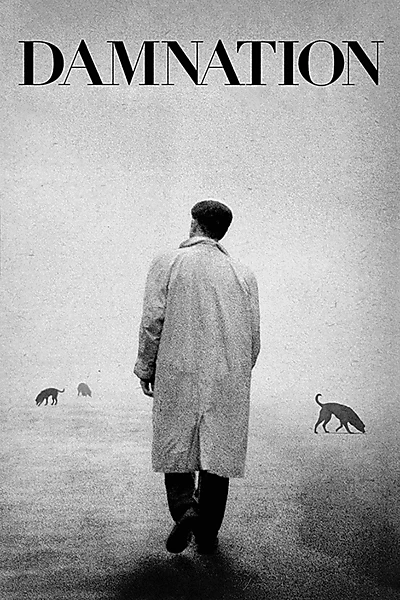
Damnation (1988)
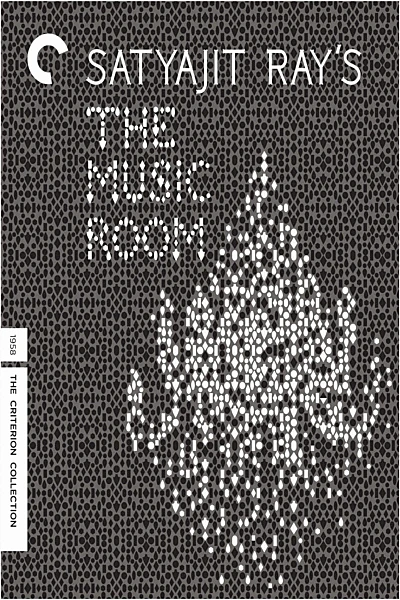
The Music Room (1958)
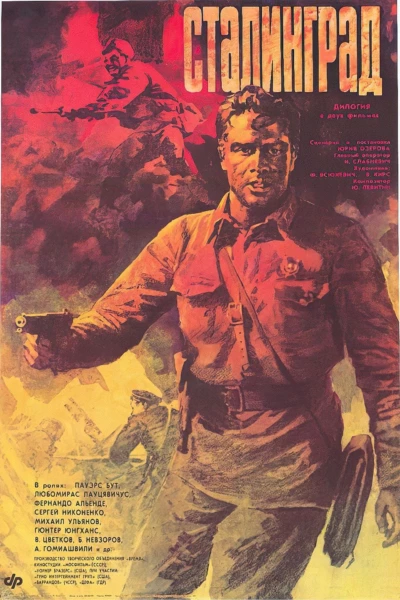
Stalingrad (1990)
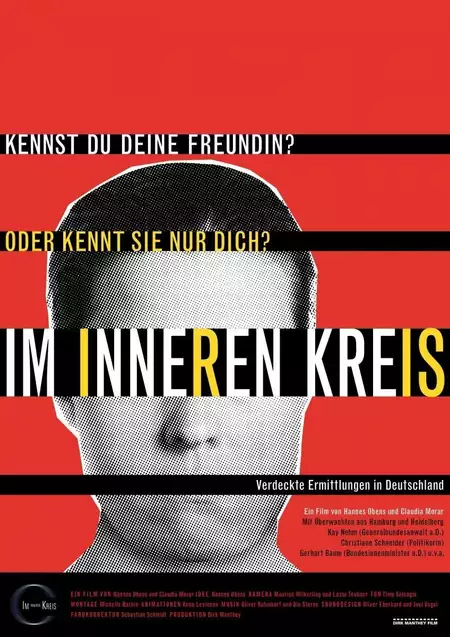
Into the Circle (2017)
